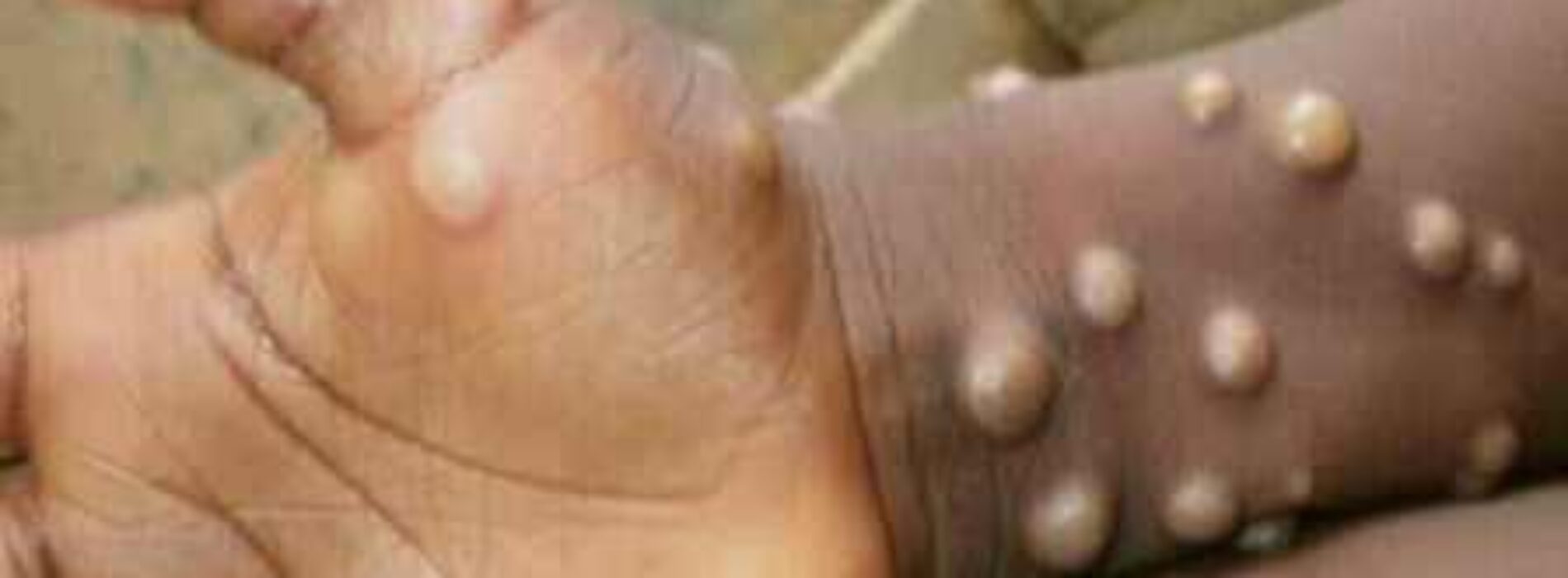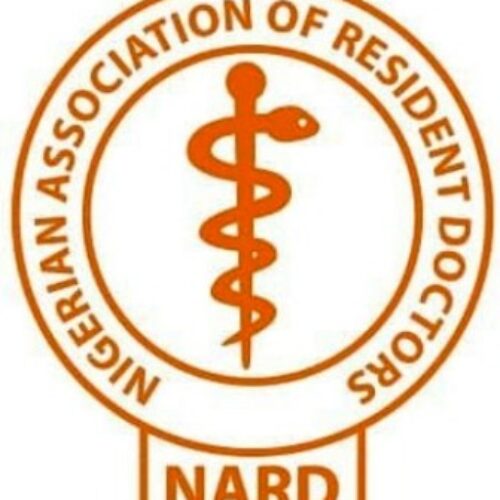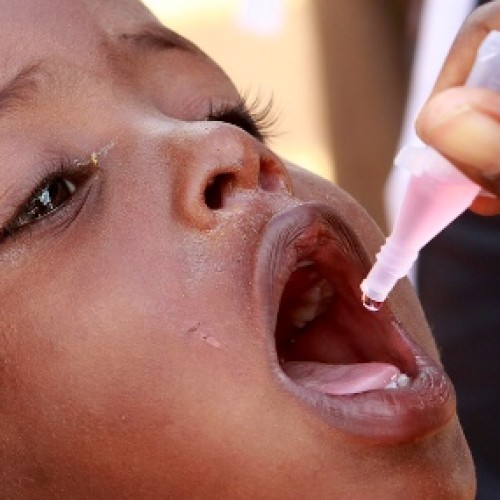Global experts name new Monkeypox virus variants
A group of global experts convened by WHO weekend named new monkeypox virus variants, as part of ongoing efforts to align the names of the monkeypox disease, virus and variants or clades in line with current best practices.
The global experts agreed to name the clades using Roman numerals.
They reached a consensus that the former Congo Basin (Central African) clade is now Clade one (I) and the former West African clade as Clade two (II).
It was also agreed that Clade II consists of two subclades.
The proper naming structure will be represented by a Roman numeral for the clade and a lower-case alphanumeric character for the subclades. Thus, the new naming convention comprises Clade I, Clade IIa and Clade IIb, with the latter referring primarily to the group of variants largely circulating in the 2022 global outbreak. The naming of lineages will be proposed by scientists as the outbreak evolves.
In a statement released by the World Health Organisation, WHO, the monkeypox virus was named upon first discovery in 1958, before current best practices in naming diseases and viruses were adopted. Similarly for the name of the disease it causes. Major variants were identified by the geographic regions where they were known to circulate.
According to current best practice, newly-identified viruses, related diseases, and virus variants should be given names to avoid offending any cultural, social, national, regional, professional, or ethnic groups and minimize any negative impact on trade, travel, tourism or animal welfare.
Assigning new names to exist diseases is the responsibility of WHO under the International Classification of Diseases and the WHO Family of International Health Related Classifications (WHO-FIC).
Also, the naming of virus species is the responsibility of the International Committee on the Taxonomy of Viruses (ICTV), which has a process underway for the name of the monkeypox virus.
For variants/clades, the naming of existing pathogens is normally the result of debate amongst scientists.
The statement further stated that to expedite agreement in the context of the current outbreak, WHO convened an ad hoc meeting on 8 August to enable virologists and public health experts to reach a consensus on new terminology.
“The experts in pox virology, evolutionary biology and representatives of research institutes from across the globe reviewed the phylogeny and nomenclature of known and new monkeypox virus variants or clades. They discussed the characteristics and evolution of monkeypox virus variants, their apparent phylogenetic and clinical differences, and potential consequences for public health and future virological and evolutionary research.
“The group reached consensus on new nomenclature for the virus clades with best practices. They agreed on how the virus clades should be recorded and classified on genome sequence repository sites.
“Consensus was reached to now refer to the former Congo Basin (Central African) clade as Clade one (I) and the former West African clade as Clade two (II). Additionally, it was agreed that Clade II consists of two subclades.
The proper naming structure will be represented by a Roman numeral for the clade and a lower-case alphanumeric character for the subclades. Thus, the new naming convention comprises Clade I, Clade IIa and Clade IIb, with the latter referring primarily to the group of variants largely circulating in the 2022 global outbreak. The naming of lineages will be proposed by scientists as the outbreak evolves. Experts will be reconvened as needed.
The new names for the clades should go into effect immediately while work continues on the disease and virus names.






0 Comments
No Comments Yet!
You can be first to comment this post!